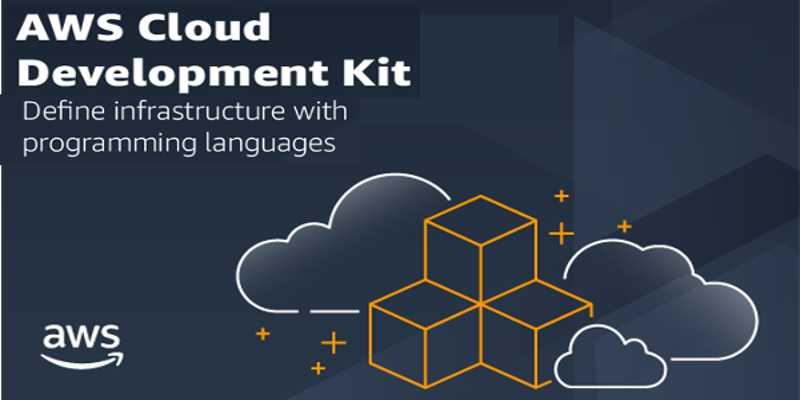AWS Developer Tools Blog
Introducing Smart Configuration Defaults in the AWS SDK for Java v2
The default configuration in the AWS SDK for Java v2 just got smarter! We are pleased to announce a new SDK feature — smart configuration defaults in the AWS SDK for Java v2 (version 2.17.102 or later), which vends a set of predefined sensible default values tailored to common usage patterns. With this new opt-in […]
Developer Preview: Ruby SDK code generation using Smithy
What is this? The AWS SDK For Ruby team is happy to announce the developer preview of smithy-ruby, a toolchain that can be used to code generate a “white label” Ruby SDK for your service API using Smithy modeling. An upcoming future version of the AWS SDK For Ruby will use Smithy code generation. What […]
Tips & Tricks: Debugging your C# CDK project in Visual Studio
NOTE: This post assumes the reader has some familiarity with the AWS Cloud Development Kit (CDK). To get started with the AWS CDK, please visit the AWS CDK Developer Guide and follow the AWS CDK for .NET workshop. The AWS CDK is an an open-source Infrastructure-as-Code (IaC) framework that allows developers to model and provision […]
Increasing development speed with CDK Watch
The AWS Cloud Development Kit (CDK) CLI introduces a new mode of operation, cdk watch, and two new flags for cdk deploy, –hotswap and –no-rollback. cdk watch makes development faster by monitoring your code and assets for changes and automatically performing the optimal form of deployment every time a file change is detected, meaning you […]
How customer feedback shaped the AWS Cloud Development Kit version 2
The DevOps movement has blurred the line between runtime code and infrastructure code, and it’s no surprise that engineers want to write both in the same language. This is why we created the AWS Cloud Development Kit (CDK), which enables you to define your cloud Infrastructure as Code (IaC) using the familiarity and expressive power […]
Announcing preview release for the generational mode to the Shenandoah GC
The Amazon Corretto team is excited to announce the preview release for the generational mode to the Shenandoah GC. This is a result of our collaboration with Red Hat on a significant GC contribution: the addition of a generational mode to traditional single generation Shenandoah. One of the primary advantages of Java is that the Java […]
.NET at re:Invent 2021
Running .NET applications on AWS has never been better and our sessions at re:Invent this year reflect that excitement. All our sessions are for builders who want real-world insights and coding examples they can immediately apply in their applications. We also have a virtual option for those who cannot make it to Las Vegas. This […]
.NET 6 on AWS
Congratulations to all the development teams and community involved in the .NET 6 GA release. .NET developers here at AWS are excited about the performance improvements in JIT compilation, Garbage Collection, JSON processing, and many other areas of the new release. We’re also excited about the new features including the Minimal API Framework, new data […]
Testing CDK Applications in Any Language
The AWS Cloud Development Kit (AWS CDK) is an open source software development framework to define your cloud application resources using familiar programming languages. Because the AWS CDK enables you to define your infrastructure in regular programming languages, you can also write automated unit tests for your infrastructure code, just like you do for your […]
Experimental construct libraries are now available in AWS CDK v2
The AWS CDK v2 experimental APIs are now available as separate packages, in addition to the existing stable APIs. The AWS Cloud Development Kit (AWS CDK) is an open-source software development framework to model and provision your cloud application resources using familiar programming languages. With the AWS CDK, you can define your infrastructure as code […]






